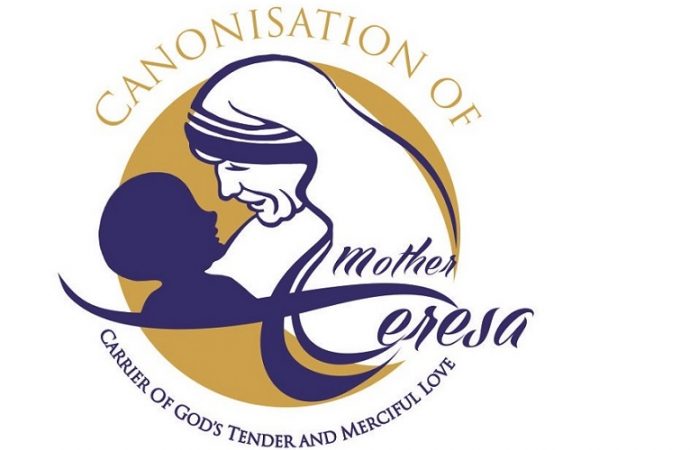
Today Mother Teresa will be canonized, or made an official saint of the Roman Catholic church. Most of us are aware of the story of a young Albanian nun who improbably made her way to the impoverished streets of Kolkata, India, where she began working with the cast-offs of society. Eventually she founded an order called the Sisters of Charity. These nuns, now 4,500 in more than 100 countries, make a vow to provide "whole-hearted free service to the poorest of the poor". Mother Teresa was awarded the Nobel Peace Prize in 1979 and later beatified. Today she is a full-fledged saint.

Except that there are some who question this canonization. While the West has been captivated by her legend, at least one Indian is challenging the mythology. There is a recent New York Times article about the efforts of 58-year-old Dr. Aroup Chatterjee, who grew up in Kolkata and wants to set the record straight about the city and Mother Teresa's work.
Over hundreds of hours of research, much of it cataloged in a book he published in 2003, Dr. Chatterjee said he found a “cult of suffering” in homes run by Mother Teresa’s organization, the Missionaries of Charity, with children tied to beds and little to comfort dying patients but aspirin.
He and others said that Mother Teresa took her adherence to frugality and simplicity in her work to extremes, allowing practices like the reuse of hypodermic needles and tolerating primitive facilities that required patients to defecate in front of one another.
Over the next year, Dr. Chatterjee traveled the world meeting with volunteers, nuns and writers who were familiar with the Missionaries of Charity. In over a hundred interviews, Dr. Chatterjee heard volunteers describe how workers with limited medical training administered 10- to 20-year-old medicines to patients, and blankets stained with feces were washed in the same sink used to clean dishes.

This is an unsettling picture of Teresa and does undermine the saintly image. There are other less than complimentary articles about her as well, and of course the late champion of atheism, Christopher Hitchens. despised her.
Perhaps we need to accept that the days of unimpeachable saintliness have come and gone. The present-day challenges to sainthood often focus on the existence of miracles. But the reality is that we are all flawed, and sometimes weird, and intense public scrutiny reveals our often gigantic warts. I feel that Mother Teresa was a person of great compassion and her legacy is the order she founded which responds to those living with HIV/AIDs, and others who are treated as social outcasts in some cultures.
In worship today I'll encourage folk to consider their everyday saints, those who have shaped their lives for the better. And we can be grateful for Mother Teresa, warts and all.
Comments?
No comments:
Post a Comment